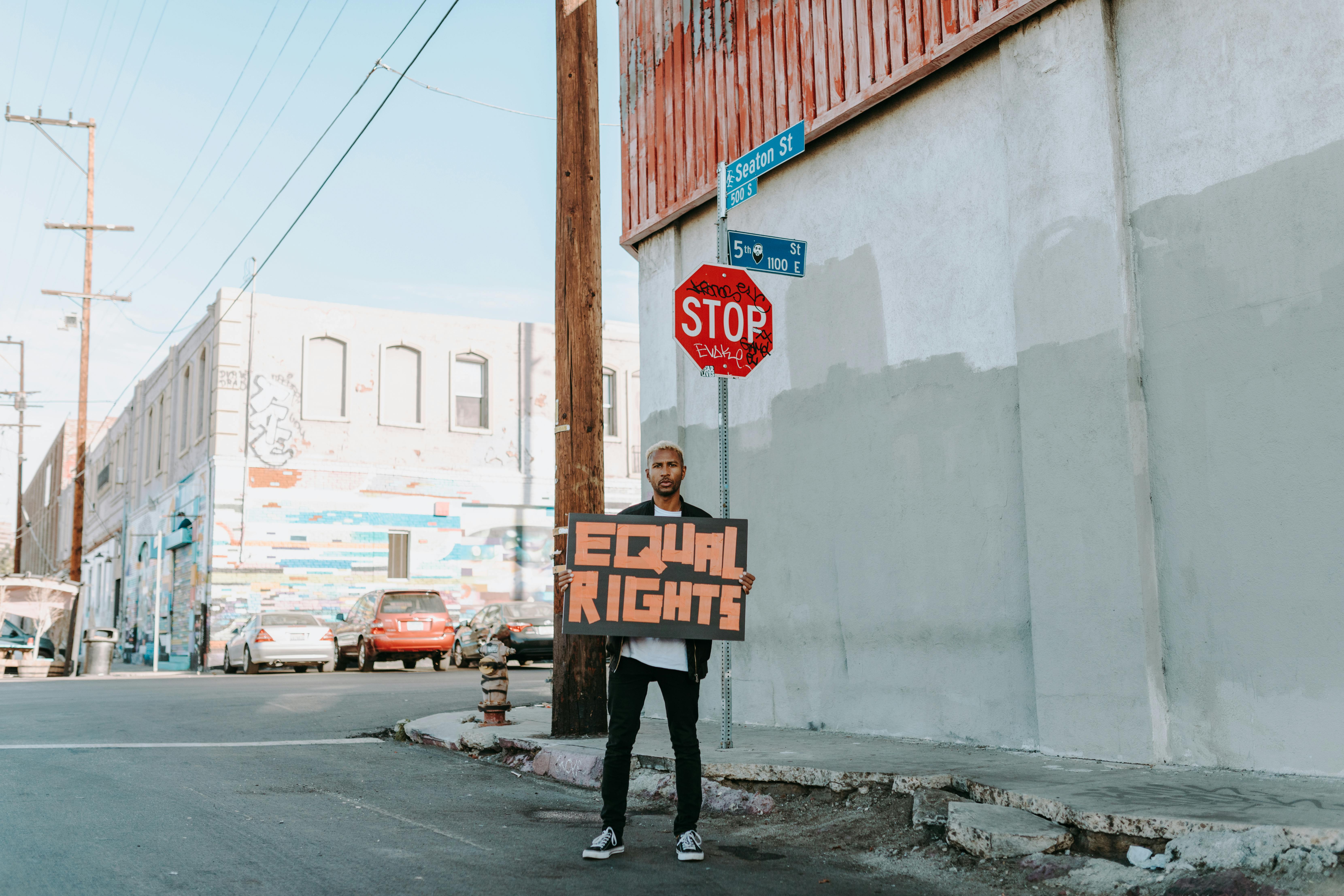Thanks to social networking sites like Facebook and Twitter, anyone can post their thoughts on an international public platform.
Many people consider these websites to be an extension of their lives, commenting and posting without thinking that what they say might find them right in the middle of a lawsuit. There are hundreds of libel and slander legal cases every year that are the result of what someone said on social media. While most people are aware that certain things on the Internet are illegal, such as piracy, hacking, and fraud, they don’t realize that trying to damage someone’s reputation online can also get them into a lot of trouble.
Think before you post
The old classic ‘don’t drink and dial’ can also be applied to Twitter and Facebook. Before you upload anything online, you should tell yourself, “think before you post” or “don’t drink and post” could save you a lot of aggro in the future. It’s all too easy to get agitated and angry at people when you’re not in full control of your senses, leading you to post cutting comments about celebrities or businesses online that could find you in trouble.
Although you are allowed to express your own honest opinions, going too far with personal attacks or serious accusations can have legal repercussions. Being under the influence of alcohol will not provide any flexibility in the law, libel is libel regardless.
When journalism goes too far
Social networking sites and blogs have led to a widespread increase in the number of ‘citizen journalists’ out there. Anyone with access to the internet can report on what they find to be newsworthy, providing a wide range of new content that looks at all sorts of niche areas. However, when these journalists report on matters that are not thoroughly investigated, problems can arise everywhere and defamation cases can abound. If you are an online journalist, you must be very sure that the information you share is accurate and that you are not accusing anyone without definitive evidence.
Delete doesn’t make it go away
Simply deleting a comment or post does not fix the problem; however, the length of time the post was visible may affect the amount of damages you must pay. Just like words, once it’s out there it’s very hard to take it back – people saw it, reposted it and reacted, so the damage is done. It doesn’t even have to be the original poster to be subject to libel; retweeting or retweeting a defamatory post can have exactly the same consequences as the original.



